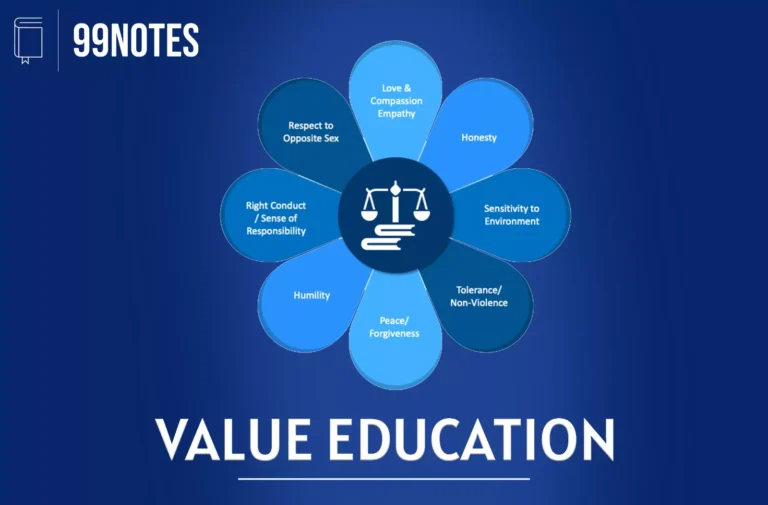Utility and application of Emotional Intelligence
We find that Emotional Intelligence is a highly useful skill in nearly every walk of life. In this chapter, we have discussed several such areas of utility. Benefits of Emotional Intelligence: Emotional intelligence (EI) is significant in every aspect of life. Due to this, the study of EI has steadily gained traction in recent times….









